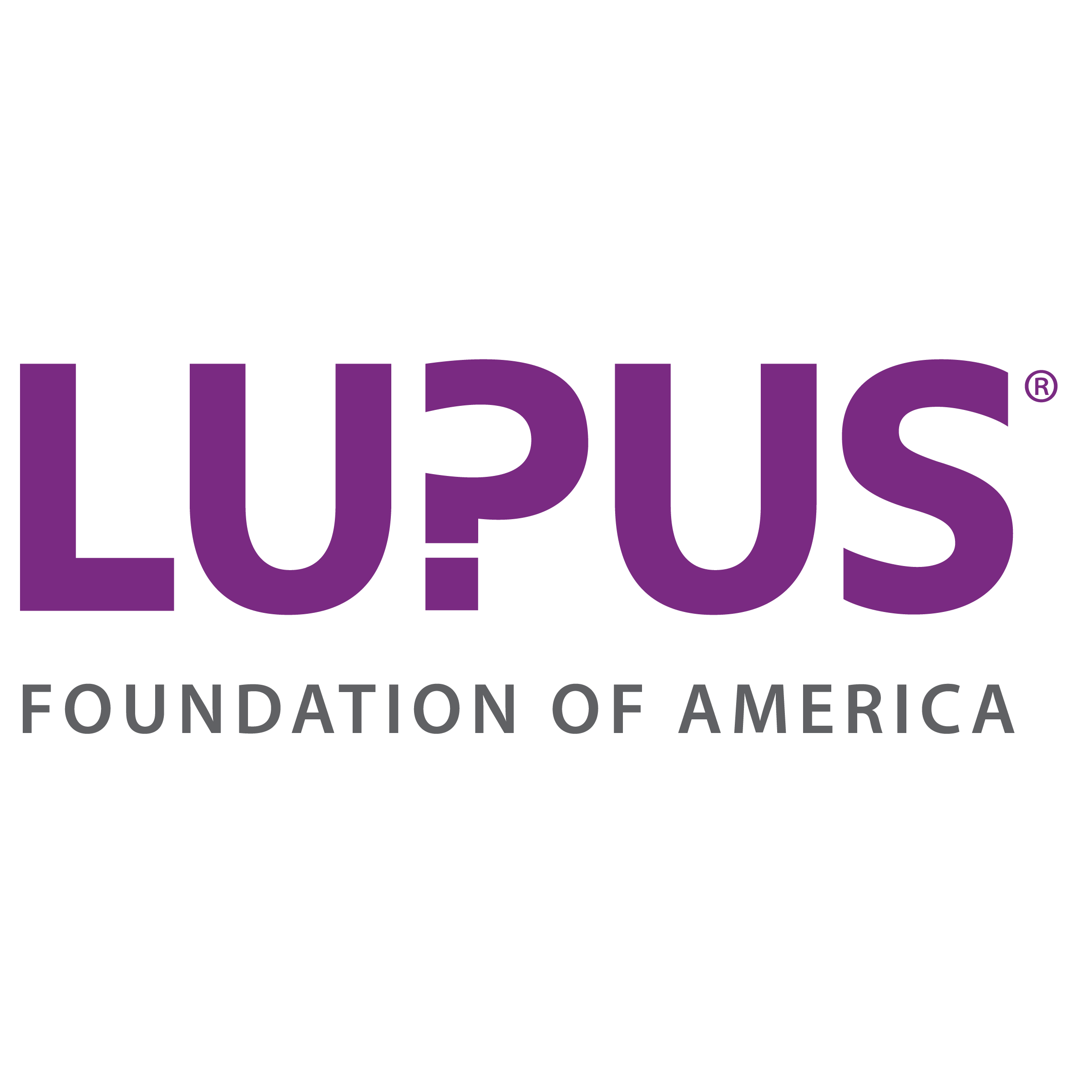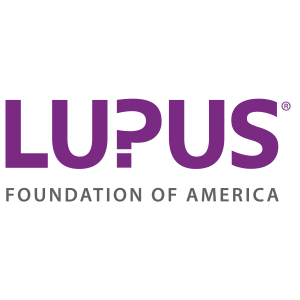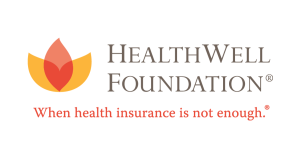Triage Health is proud to collaborate with organizations serving individuals diagnosed with chronic or serious medical conditions. This blog post is from our organizational partner, The Lupus Foundation of America.
May is Lupus Awareness Month! The Lupus Foundation of America (LFA) will continue its effort to Make Lupus Visible during May, encouraging everyone to raise awareness of the often invisible and devastating disease while also raising funds to support lupus research, education programs and support services.
What is Lupus?
Over half of Americans (53%) have never heard of or know little or nothing about lupus, underscoring the urgent need to raise awareness of the disease’s brutal impact on every part of a person’s life.
Lupus is a complex, chronic autoimmune disease that can cause inflammation and pain in any part of the body. Anyone can develop lupus, but lupus disproportionately impacts women ages 15 to 44 and people who are Black/African American, Asian American, Hispanic/Latino, Native American, or Pacific Islander.
Symptoms of Lupus
Because lupus can affect so many different parts of the body, it can cause a lot of different symptoms. Common symptoms include extreme fatigue (feeling tired all the time), pain or swelling in the joints, headaches, low grade fevers (with no known cause), sensitivity to sunlight or fluorescent light and skin rashes.
Many people with lupus suffer from cardiovascular disease, disfiguring rashes, and they may also have a higher risk for serious conditions such as a heart attack, stroke, seizures, or kidney failure. Lupus shares a lot of symptoms with other diseases, so it’s important to talk to your doctor and find out whether you have lupus or a different health problem.
Because symptoms of lupus can overlap with other diseases and come and go over time, diagnosing lupus can be challenging. There’s no single test that can give doctors a “yes” or “no” answer. It can take an average of nearly six years for people with lupus to be diagnosed from the time they first notice symptoms. If you think you may have lupus, you can take the ‘Could It Be Lupus?’ quiz, a questionnaire to help people find out if their symptoms could be related to lupus. You can visit the LFA website to learn more about lupus symptoms and diagnosing lupus.
Treatment for Lupus
While there’s no cure for lupus, there are many kinds of medicines available to treat lupus. Treatments generally focus on managing symptoms, reducing inflammation in the body, keeping the immune system from attacking healthy cells, preventing or treating lupus flares, and limiting damage to the organs.
By following the treatment plan recommended by their health care providers, most people can live fulfilling lives with lupus. The LFA offers a comprehensive guide to treating lupus.
Resources
If you or someone you know has lupus, the LFA provides education and support services to people affected by lupus. We collaborate with experts to provide clear, easy-to-use information, programs and resources to help people with lupus navigate every step of their journey with lupus. A few of these resources include:
- Ask a Health Education Specialist – Our health education specialists are available to answer questions and provide caring support to people with lupus, their families and caregivers.
- Lupus & You: Answers. Advocacy. Action – A free educational series that offers people with lupus, their families, and friends a way to learn more about the latest in lupus research and managing the disease. This series is offered as live virtual events and through local Regional Empowerment Conferences—half-day in-person events scheduled in cities across the country.
- National Resource Center on Lupus – A living collection of up-to-date resources and information on lupus.
- Strategies to Embrace Living with Lupus Fearlessly (SELF) – A free online and app-based, self-care program that provides tailored support to people with lupus in managing symptoms, stress, medications and working with their care team.
- Support Groups – Provide a safe and understanding environment where people with lupus can come together to ask questions, listen to others or lend a helping hand. Support groups are available by interest or region.
About The Lupus Foundation of America
The LFA has been leading the fight against lupus for over 40 years and is dedicated to improving the quality of life for all people affected by lupus through programs of research, education, support and advocacy.
Our efforts have stimulated advances in lupus research that are providing insight into the underlying causes of lupus and its progression while creating unprecedented opportunities to expand our understanding of lupus. LFA programs are patient-centered and evidence-based to address urgent and unmet needs of the lupus community.
To learn more about the LFA or get involved, visit lupus.org






